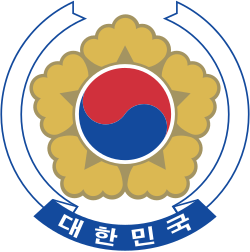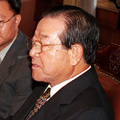| |||||||||||||||||||||||||||||
All 15 Metropolitan Mayors and Governors, 972 Provincial Councillors, 230 Municipal Leaders, 4,541 Municipal Councillors | |||||||||||||||||||||||||||||
|---|---|---|---|---|---|---|---|---|---|---|---|---|---|---|---|---|---|---|---|---|---|---|---|---|---|---|---|---|---|
| Turnout | 68.4% | ||||||||||||||||||||||||||||
| |||||||||||||||||||||||||||||
| This article is part of a series on |
 |
|---|
The 1st Local Elections were held in South Korea on 27 June 1995. It was the first election of provincial and municipal officials since the May 16 coup of 1961. [1]
Contents
- Metropolitan city mayoral elections
- Seoul
- Busan
- Daegu
- Incheon
- Gwangju
- Daejon
- Gubernatorial elections
- Gyeonggi
- Gangwon
- North Chungcheong
- South Chungcheong
- North Jeolla
- South Jeolla
- North Gyeongsang
- South Gyeongsang
- Jeju
- Provincial-level council elections
- Summary
- Constituency seats
- Proportional representation seats
- Municipal-level mayoral elections
- Summary 2
- By region
- Municipal-level council elections
- Aftermath
- References




